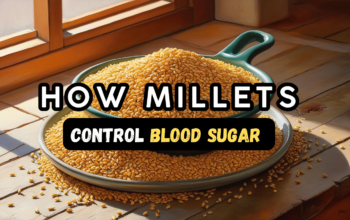Small, healthy modifications to your daily routine might help you avoid heart disease. It’s never easy to make adjustments. Make gradual adjustments over time rather than attempting to change yourself all at once. Begin with something basic and work your way up from there.
Unhealthy diet
Your diet has a big impact on your health. What you eat might affect how healthy you are. Minor adjustments to your usual activities may help you avoid heart disease and stroke.
Not enough exercise
Being active is healthy for your heart and brain. People who don’t exercise have double the risk of developing heart disease and stroke, as well as a higher risk of diabetes, cancer, and dementia, than those who do. Physical activity benefits heart, brain, muscular, bone, and mental health. Exercising is one of the most important things you can do for your health. There is something you can do to stay active, no matter how poor your health may be.
Unhealthy weight
You’re not the only one who’s having trouble losing weight. According to data, over 60% of Canadian adults are obese or overweight. Obesity can lead to a slew of health conditions, including high blood pressure, high cholesterol, diabetes, and sleep apnea. Obese people have a twofold increased risk of heart disease.
Smoking
Smoking raises the risk of dying from heart disease and stroke by three times in men and women in their fifties. It’s one of the most essential things you can do to avoid cardiac illness and strokes. It may be difficult to leave a habit, but if you’re willing, there are numerous resources available to assist.
Too much alcohol
Binge drinking and excessive consumption are linked to high blood pressure, cardiac disease, and stroke. Alcohol can also cause issues by interacting with your medicines.
Contraceptive and hormone replacement therapy (HRT)
Estrogen-based treatments, such as hormone replacement therapy (HRT) and many birth control pills, increase the risk of heart attack, stroke, and micro-stroke. Estrogen is a component in hormone replacement therapy (HRT) as well as many birth control pills. If you take birth control pills or HRT, talk to your doctor about the benefits and drawbacks.
Recreational drug use
Amphetamines, cannabis (marijuana), cocaine, ecstasy (MDMA), heroin, opioids, LSD, and PCP can all raise the risk of stroke and heart disease. Drug use shortly after a stroke is very typical.
Stress
Stress is an inevitable part of everyone’s existence. We may get caught up in the stream of events and overlook stress. Tension begins in the mind, but it has widespread effects on the body. Those who are under a lot of stress or have to endure it for an extended length of time have higher cholesterol and blood pressure. They might be more likely to have clogged arteries (atherosclerosis), a stroke risk factor.
To sum up, you should take modest measures to avoid heart disease. Because there are so many variables to consider, it’s not a fast process. This may include changing your diet and increasing activity in order to improve your way of life.



